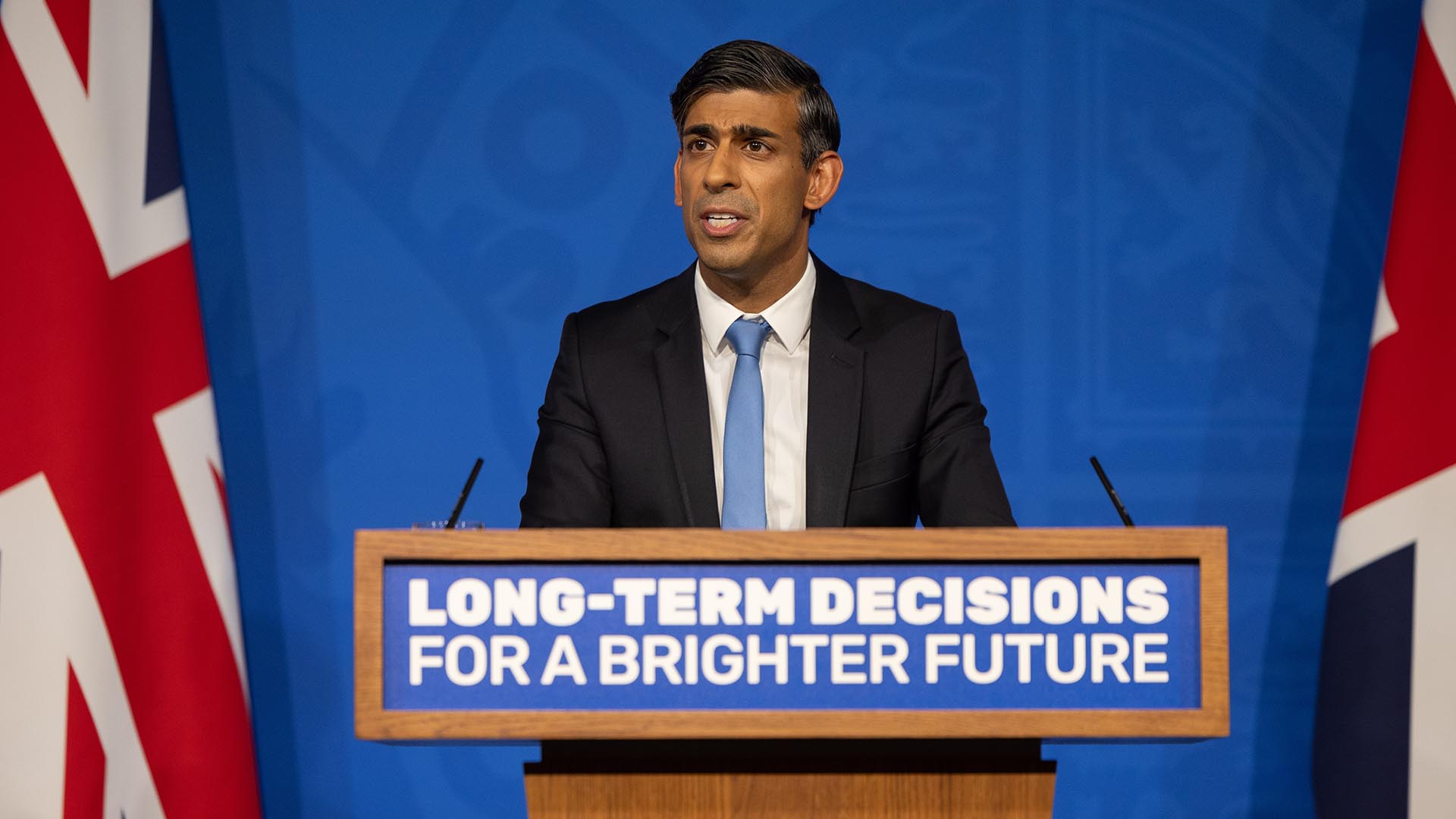When Rishi Sunak called a surprise press conference in Downing Street last week, Twitter began buzzing with speculation that he was about to call a snap election. Given the current state of the polls, many tuned in expecting to witness an act of political hara-kiri. Instead, the prime minister announced a series of rather dry, technocratic changes to net-zero targets and scrapped a few policies, like a ‘meat tax’, that had never existed in the first place.
But it has got many in Westminster wondering when and how the next election will be contested. No 10 are said to be working towards an October 2024 deadline, but there are those who believe it would be better for the Conservatives to go to the country in May, coinciding with the local elections. The idea is to cash in on a reviving economy but get ahead of another summer of small boat crossings.
Get the latest news and insight into how the Big Issue magazine is made by signing up for the Inside Big Issue newsletter
Either way, the challenge for Sunak will be to present himself to the nation as a change candidate after 14 years of Tory rule. To that end he has been distancing himself from his predecessors in both style and substance. Tonally, he has emphasised integrity, professionalism and fiscal prudence in contrast to the chaos and cronyism of the Johnson and Truss eras. Policy-wise he has changed tack on the environment, focusing on energy security and costs, rather than grandstanding about leading the world in decarbonisation, as Boris was so fond of doing. He is even said to be considering scrapping the Birmingham-to-Manchester leg of HS2, which has been committed to by six successive governments.
The slogan of this Conservative Party Conference, ‘Long-term decisions for a brighter future’, suggests Sunak wants to persuade the public that, by grasping the difficult choices, he’s the man who can offer them hope. But there’s a notable lack of detail on some of the biggest and most neglected long-term challenges this country faces, like social care and the unsustainable costs of the pensions triple lock.
The impression this gives is of a prime minister preparing to run against his own party’s record in government, rather than against the Labour Party. One area where Sunak has taken the fight to Starmer is on illegal migration. The government is currently awaiting a Supreme Court ruling on whether its plan to deport asylum seekers to Rwanda is compatible with our international human rights obligations. If judges rule in favour of the plan, Sunak will be able to go to the polls claiming Labour would overturn a practical and legal policy for dealing with the crisis, surrendering to criminal gangs. Should the decision go the other way, it’s possible Conservatives will campaign to leave the European Court of Human Rights









